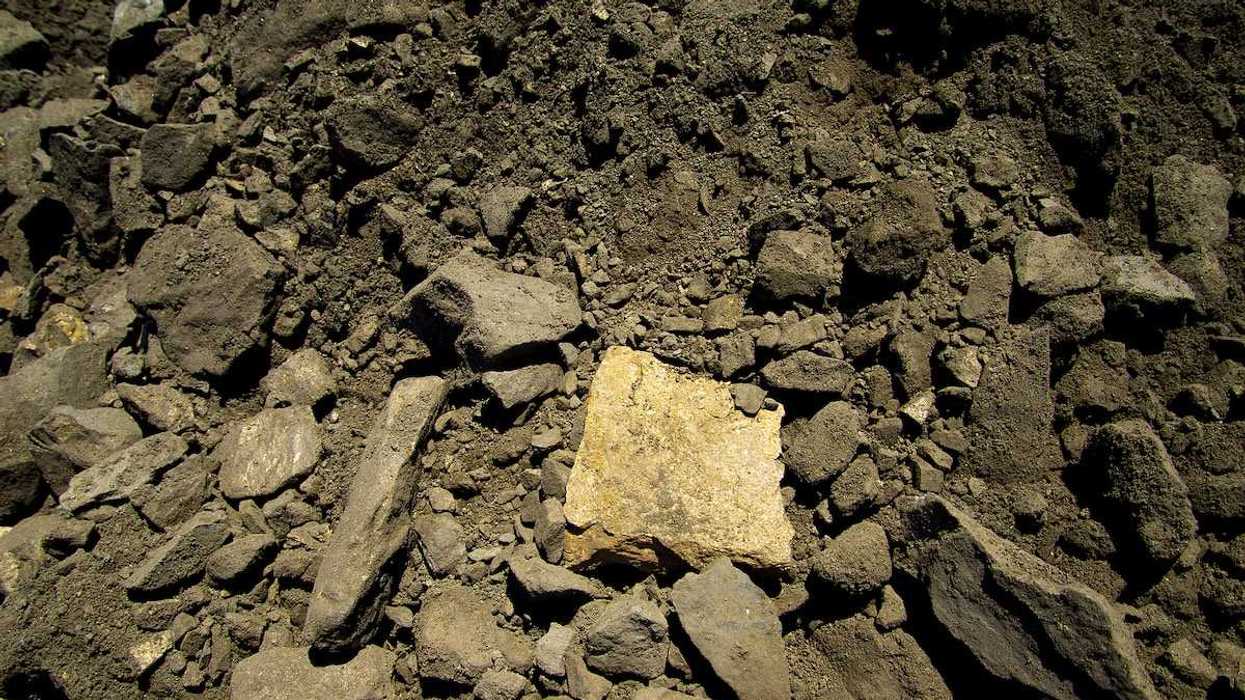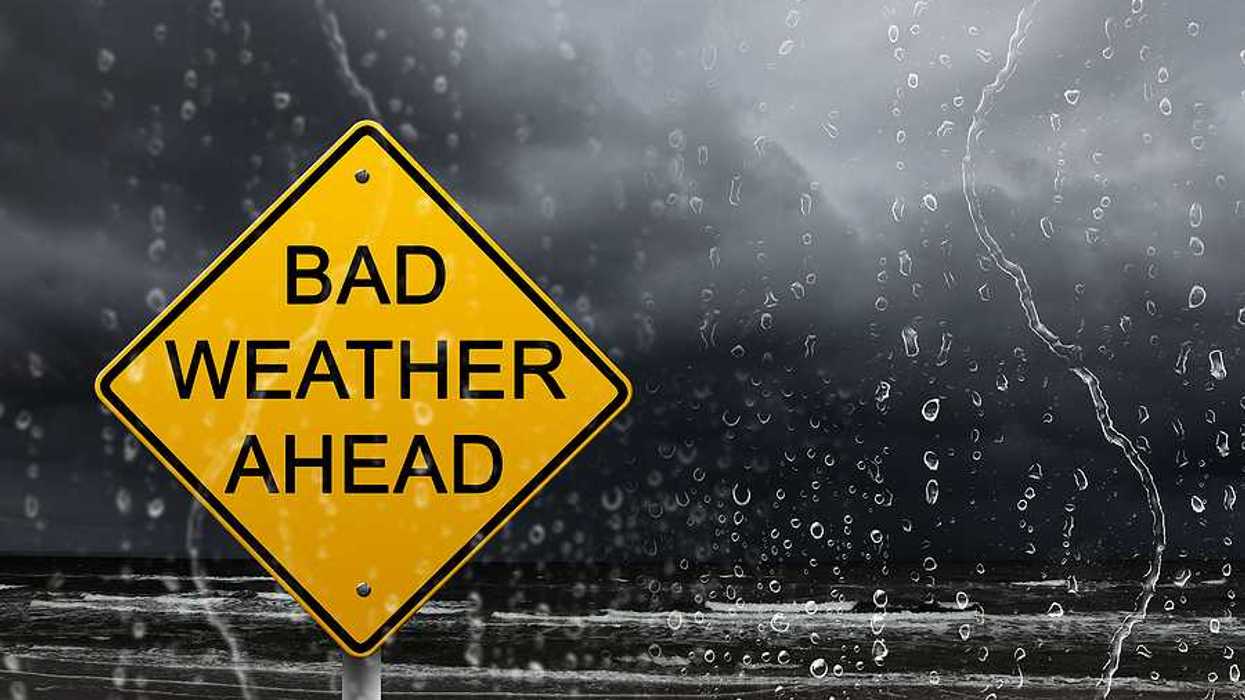As record-breaking heat grips much of Europe, France is at the center of a political and cultural clash over whether air conditioning is a public health necessity or an environmental misstep.
Aurelien Breeden and Josh Holder report for The New York Times.
In short:
- French politicians have turned air conditioning into a culture war issue, with far-right leaders pushing for wider use while Greens urge urban greening and energy efficiency instead.
- Despite rising heat, only about a quarter of French homes have air conditioning; strict regulations and historic buildings complicate installation in cities like Paris.
- Climate data show Europe's heat waves are longer and hotter than 40 years ago, intensifying the pressure to adapt homes, schools, and public facilities.
Key quote:
“Air-conditioning is what you’d call a maladaptation. To fix a real problem, you make it worse.”
— Dan Lert, deputy mayor of Paris in charge of green transition policies
Why this matters:
Europe is heating up faster than much of the world, and countries long unaccustomed to extreme temperatures now face a mounting public health risk. The growing need for cooling, especially for vulnerable populations like the elderly and schoolchildren, clashes with environmental goals to cut energy use and carbon emissions. France’s resistance to air conditioning reflects not just its historic architecture and regulatory barriers, but a deeper anxiety about adapting to climate change in ways that may perpetuate it. Unlike the U.S., where cooling is nearly ubiquitous, much of Europe still sees it as a luxury or an environmental hazard. But with summers stretching hotter and longer each year, resistance to cooling technology may become harder to justify — and to sustain.
Learn more: Many struggle with extreme heat in homes without air conditioning
















